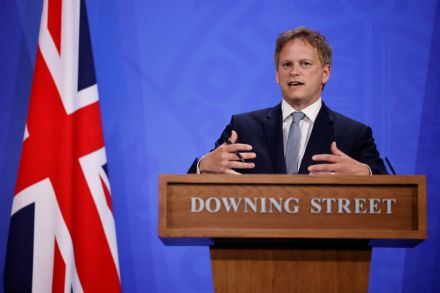Andy Street’s success is part of the English political realignment
Andy Street won the West Midlands mayoralty in 2017 by the slimmest of margins, with 50.4 percent of the vote to Labour’s 49.6 percent in the second round. He has been re-elected by a far more comfortable margin: 54 percent in the second round, and was within eight thousand votes of winning on the first round. Street’s success is part of the broader English political realignment. Just look at his vote share in the Black Country. But he also has a distinct political style, emphasising his business experience – he’s the former boss of John Lewis – and a more consensual approach. Voters have clearly decided that they prefer this





















